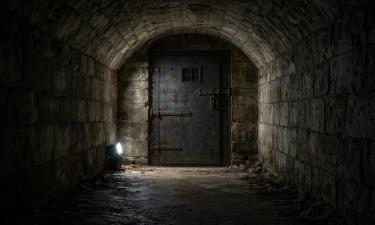Portugal: Socialists lose in municipal elections
The result of the Portuguese municipal elections is a mirror image of a society caught between two bad options and without the courage to try a third way
Months after being voted into government by an absolute majority for the first time in its history, the Portuguese Socialist Party (PS) came out the big loser in last Sunday's Municipal elections. The winner was without doubt the Social Democratic Party, PSD, a booby prize after receiving a historic low in February's general (legislative) elections.
Although Municipal elections and legislative elections are not the same thing, it is interesting to compare the results between February and October in Portugal:
In February, the PS got 2.589.537 votes, 46.41% of the total. The PSD received 1.653.648 votes (29.64%). Third was the CDU (Portuguese Communist Party and Green Party) with 433.076 votes (7.76%), followed by CDS/PP (Conservatives) with 416.234 votes (7.64%) and the Bloco de Esquerda (Left Block) with 365.044 votes (6.54%).
If the big winner in February was the Left, most of the opposition parties, except the CDS/PP, have reasons to be satisfied in October. Although the PSD ended up with the same number of municipalities, they held the main cities and made some gains from the PS.
While the PS and CDS/PP (in freefall) lost two municipalities each, the Bloco de Esquerda (Left Block) held the municipality it won in 2001 and increased its share of the vote from 1.15% four years ago to 2.76%. The most gains were made by the Portuguese Communist Party/Green Party alliance, CDU, who gained 4 municipalities overall and marginally increased the share from 10.21% to 10.37%, maintaining the trend to reverse a negative slide which had been going on for two decades.
However, a deeper analysis points towards a Portuguese electorate dissatisfied and unconvinced by either of the two main parties (PSD and PS), swinging from one to the other simply to punish the party in government (it is a question of seeing which one is more inept than the other) but not voting with conviction – however, it should be pointed out that the Municipal election is used by many a protest vote but if the election had been a legislative one, it is highly improbably that the PSD would have won, especially after their disgraceful three years in government between 2002 and 2005.
Although the two parties on the left (CDU and BE) made some inroads, it can hardly be claimed that the electorate made a significant swing to the left. Nevertheless, if these parties continue to fulfill their mission by using their space to raise important social questions and defend the cause of the Portuguese people, which the PSD and PS have left in a deplorable situation, with rising unemployment, miserable salaries, risible pensions and an absurd increase in the average food basket over the last five years, with salaries practically frozen, there is a good chance that the electorate will sooner or later give another alternative a chance.
Subscribe to Pravda.Ru Telegram channel, Facebook, RSS!





